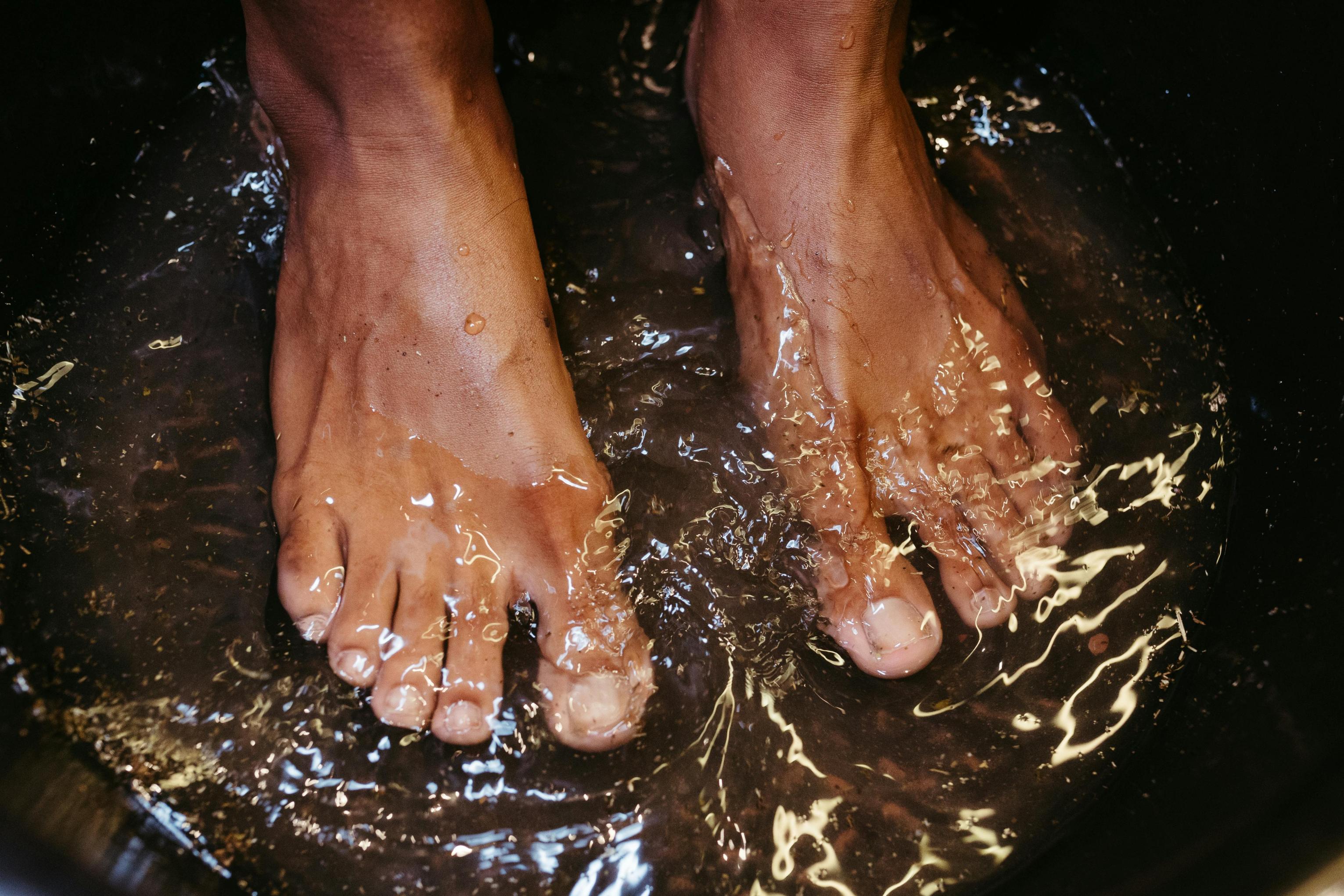
The Shower
As a child, I clung to tradition. The holiday season – especially Thanksgiving – was my favorite time of year. From the hanging of lights to the cooking of family recipes to watching my favorite television programs, my soul was fed by the art of ritual. Year after year, my family performed acts of love and service, all of which contributed to my love of tradition. But this adoration was not limited to holiday happenings.
Every Sunday, my family and I dressed up and headed off to church, me with my lace dress and banana curl pigtails, my mother with her pearls and White Diamonds perfume, my father with his starch-pressed shirts. We drove for what seemed like forever (though, as an adult, I would find out the ride was only 15 minutes). We entered the doors of the historic Seattle-area place of worship and sat in the pews halfway down the aisle. We sang songs and recited Scripture. We greeted friends who’d become family. We left with full hearts and ready stomachs. We closed out the day with a buffet dinner and a nice, long nap.
Traditions like church on Sundays or annual holidays provided me with a consistency and assurance I craved. As a sick child with many complex health needs, so much of my life was unpredictable. I never knew when I would visit the hospital and whether or not I would receive bad news. But these traditions kept me safe amidst all of the unknown.
As I grew older, the rituals evolved but they continued. Until they stopped. In 2013, my mother was diagnosed with frontotemporal degeneration, the number one form of dementia impacting people under the age of 60. The disease began to impact my mother’s memory (though rare for people living with the early stages of FTD), personality, and physical mobility. Recipes once known by heart began to fade away and finances limited our experiences.
Time marched on and my mother’s symptoms worsened. My father and I, once her rock and her everything, eventually became strangers striking fear in the depths of her soul. At this point, I had conceded to the fact that family traditions were no more and that the stability I enjoyed throughout my childhood and adolescence were lost to the clutches of dementia.
As my world was overtaken by medication management, meal preparation, doctors appointments, and emotional support, I lamented the losses and grieved the rituals in which I found such comfort. While my mother was still here in physical form, all I wanted was my mommy to do my hair on a Sunday morning.
But our roles were reversed. The woman who once bathed, dressed, and decorated me, now received the same treatment from me. The songstress who once comforted me with her beautiful voice would now lovingly and patiently listen to her daughter sing raspily and slightly off-tune.
One random, nondescript day (dementia causes all the days to blur together), I was washing my mother’s hands. She’d forgotten the steps involved in bathing herself, so I took on the task of helping her bathe. Gently scrubbing between fingers and toes, rubbing her back with vanilla-scented soap and soothing warm water. I peered into my mother’s eyes, told her “I love you,” and realized that this, too, was ritual. This, too, was comfort. The shower was connection and intimacy and love. In the absence of gifts and fancy clothes was the presence of quiet moments and new traditions. It was at this time that I realized life could be beautiful and wonderful and lovely amidst the pain and the loss. There in the shower, there was hope and laughter and, undoubtedly, ritual.
Aisha Adkins, MPA, CNP is an Atlanta-based family caregiver, founder, writer, thought leader, speaker, and organizer who is passionate about building an equitable, inclusive, and comprehensive public health and care infrastructure using media, storytelling, and culture and policy change. Her versatility has enabled her to publish works both in academic journals and popular publications. She is committed to making an impact across the country for unpaid caregivers of color through her new venture, Caregivers of Color Collective. Learn more at aishaadkins.com.

Lorem ipsum dolor sit amet, consectetur adipiscing elit. Suspendisse varius enim in eros elementum tristique. Duis cursus, mi quis viverra ornare, eros dolor interdum nulla, ut commodo diam libero vitae erat. Aenean faucibus nibh et justo cursus id rutrum lorem imperdiet. Nunc ut sem vitae risus tristique posuere.
Lorem ipsum dolor sit amet, consectetur adipiscing elit. Suspendisse varius enim in eros elementum tristique. Duis cursus, mi quis viverra ornare, eros dolor interdum nulla, ut commodo diam libero vitae erat. Aenean faucibus nibh et justo cursus id rutrum lorem imperdiet. Nunc ut sem vitae risus tristique posuere.